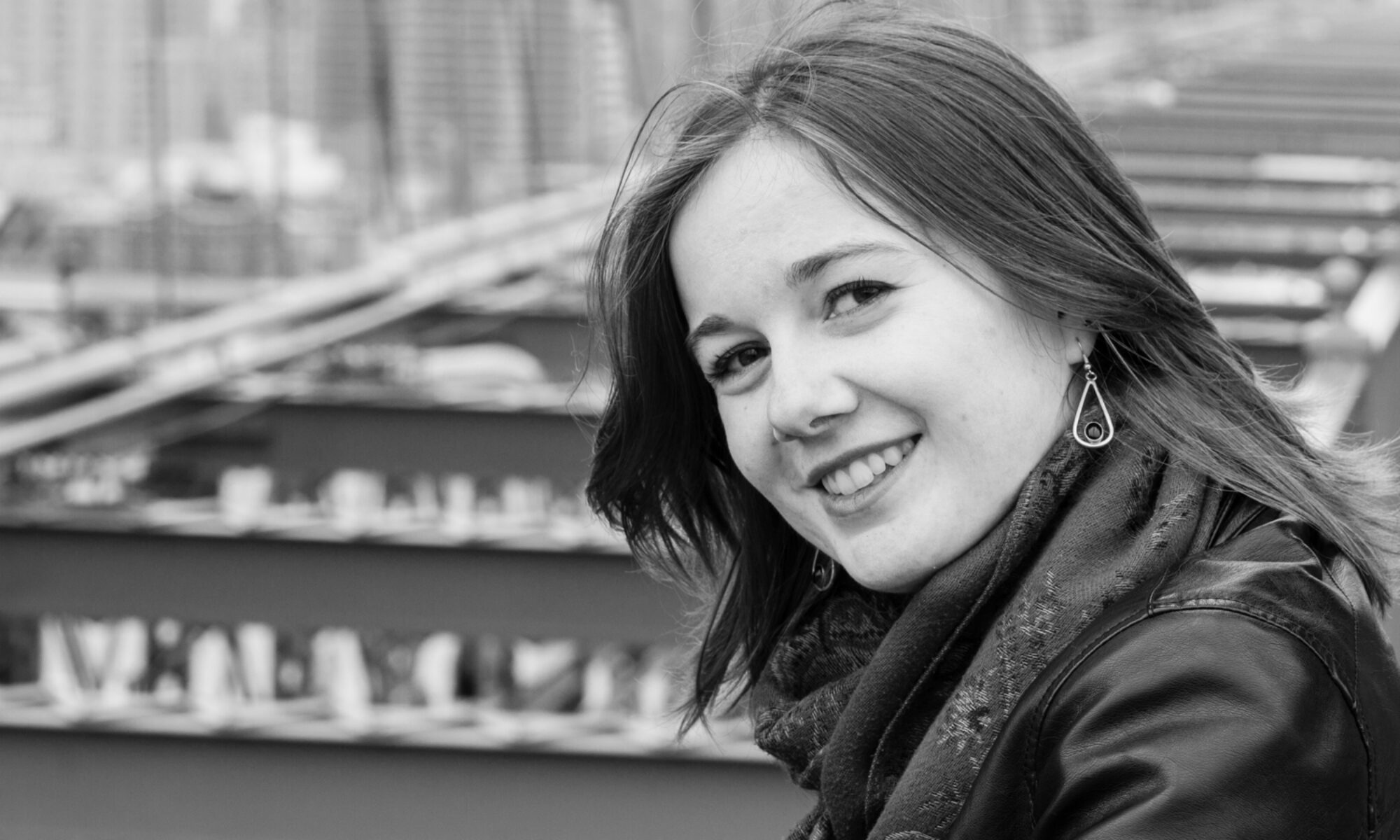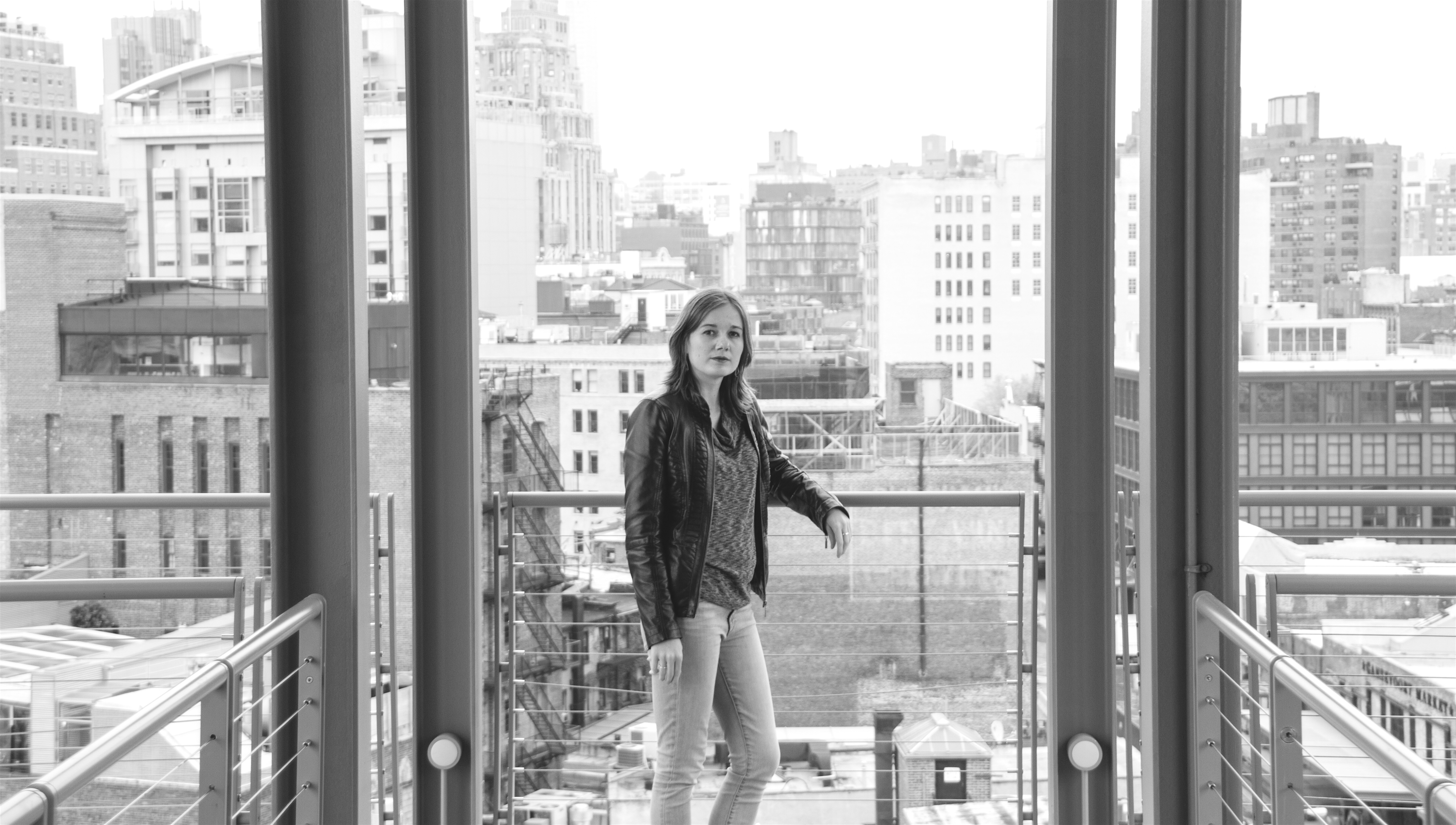How else could this be? This question persists across my pedagogy, whether I am teaching first-year composition or creative writing, mentoring new teachers, or collaborating with colleagues across disciplines. It is a deeply political question—one that asks us, together, to rethink our initial assumptions, to resist our tendency to write into the status quo, and to imagine more diverse and expansive realities.
I teach my students to reimagine writing not as a solitary pursuit, but as a social practice, something that depends upon communities to develop and thrive. Together, we work to understand how our values and expectations of writing—whether “scholarly” or “creative”—are shaped by race, class, and other intersections of privilege and exclusion. In all my classes, I center opportunities for students to create knowledge together—whether through peer interviews, social annotations, or collective annotated bibliographies. In this way, I help my students to see writing as a socially engaged practice—something that is informed by their own communities, and that can form communities too.

